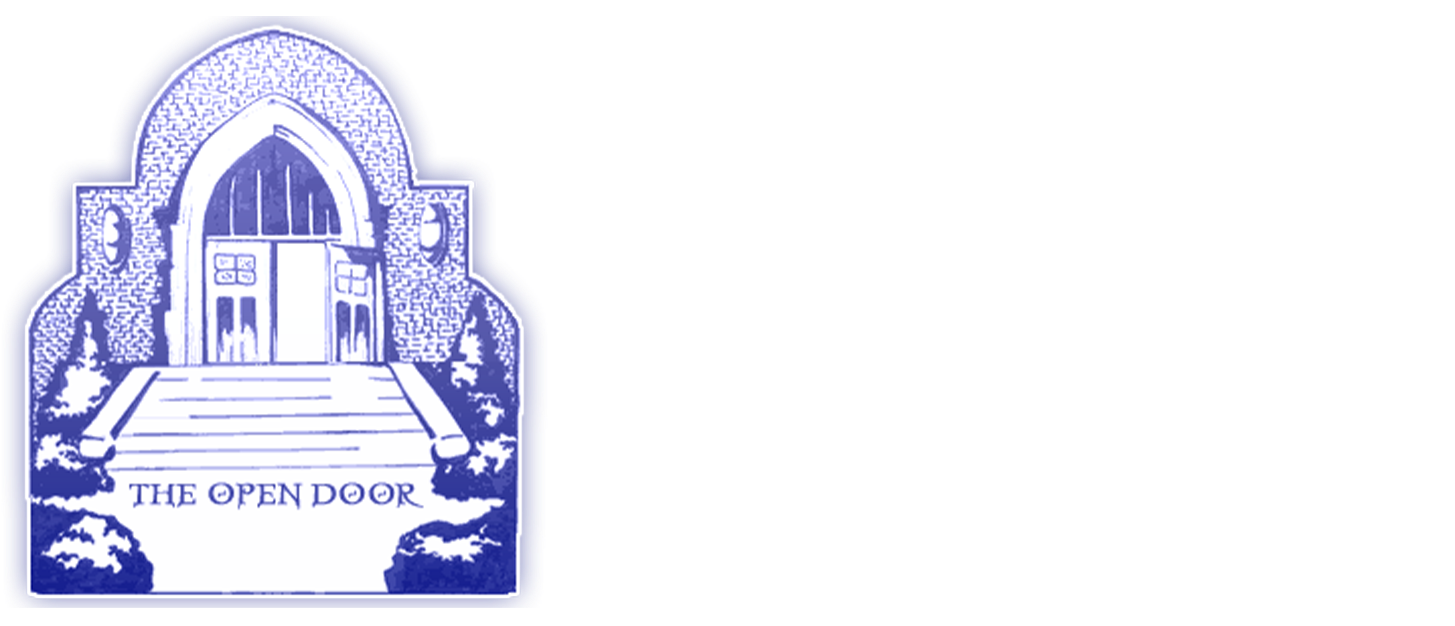WELCOME TO
Folsom Funeral Service
Serving Dedham, Westwood, Norwood & Surrounding Areas
The loss of a loved one can be an incredibly challenging experience leaving you with many unanswered questions and overwhelming feelings of stress, anxiety, and profound grief. These emotions can make navigating the necessary arrangements and events feel nearly impossible. At Folsom Funeral Service, we are here to support you every step of the way. We will guide you through all aspects of the funeral service with unwavering compassion, genuine care, and the utmost respect for your loved one and your family. You can trust us to help ease the burden during this difficult time.
Make Arrangements
We offer the ability to start the process of organizing your funeral arrangement through online platforms, ensuring a seamless and accessible process during this challenging time. Please Contact Us with any questions you may have.

We Love To Hear From Our Families
Our testimonials highlight the heartfelt experiences of families who have entrusted us with their needs. They reflect our commitment to compassion, professionalism, and exceptional service, offering reassurance to those considering our care
How Can We Help?
Our unwavering dedication to honest service and our commitment to excellence have consistently earned the trust and satisfaction of our valued customers. Over the years, we have built a strong reputation for reliability and integrity, and you can rest assured that when you turn to us in your time of need, we will be here to provide the assistance and support you deserve.









